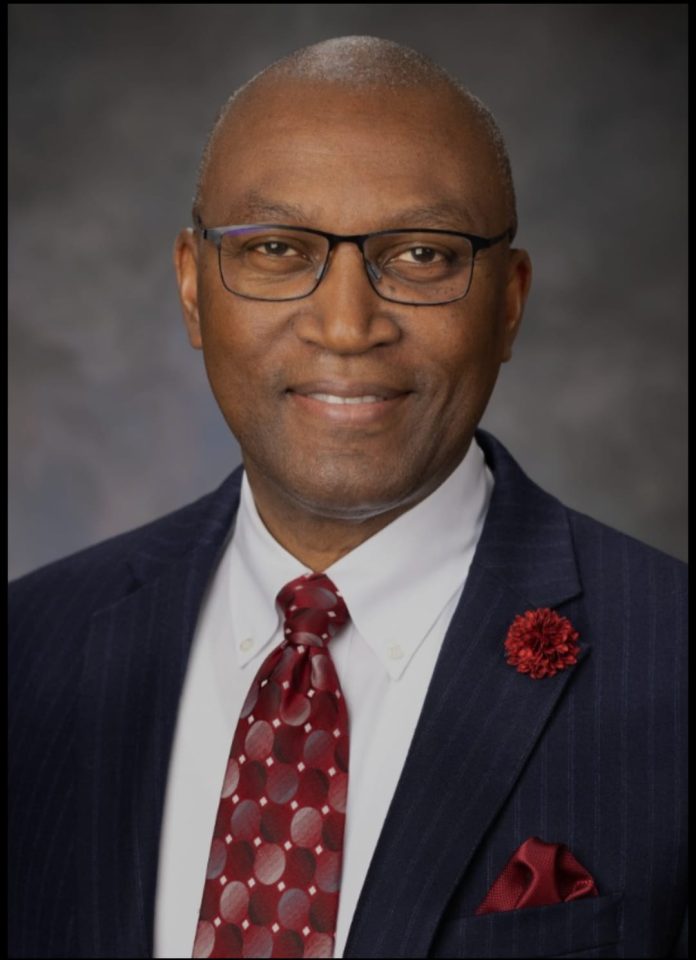When Dr. Oluyinka Olutoye walked into the operating theatre at Texas Children’s Hospital in October 2016, he wasn’t just preparing for another routine procedure.
He was about to perform one of the rarest and riskiest surgeries in modern medicine — removing a foetus from the womb, performing life-saving surgery and returning the baby to continue gestation.
It sounds like the stuff of science fiction. But for Dr. Olutoye, a Nigerian-American pediatric surgeon and global medical pioneer, it was a delicate, calculated operation driven by skill, science and the sheer will to give a baby a chance at life.
The patient was a 23-week-old fetus diagnosed with a sacrococcygeal teratoma — a rare, fast-growing tumor at the base of the spine. If left untreated, the tumor could have caused heart failure before birth. The unborn child’s life hung in the balance.
“This wasn’t a matter of waiting. The tumour was growing rapidly, and it was drawing blood away from the baby’s body. We knew we had to intervene early,” Dr. Olutoye said in a later interview.
Together with a multidisciplinary team of 20 specialists, Dr. Olutoye performed what is known as foetal surgery — a complex and high-stakes procedure where the baby is partially delivered, operated on while still attached to the placenta, and then returned to the uterus for the pregnancy to continue.
The surgical team opened the mother’s womb, carefully exposed the foetus, and removed the tumor in a painstaking operation that took hours. Once the surgery was complete, the baby was placed back into the womb and the incision closed. Remarkably, the fetus resumed gestation as if nothing had happened.
The baby was later delivered naturally at 36 weeks — healthy and thriving.
The surgery drew international attention not just for its medical brilliance, but for its emotional depth.
“She was born twice. Once for surgery and again into the world,” said one nurse who was part of the surgical team.
For Dr. Olutoye, the moment was not about glory but about possibility — proof that what was once unthinkable could now be life-saving.
Dr. Oluyinka Olutoye’s journey began in Nigeria, where he developed an early passion for Medicine.
After moving to the United States, he pursued pediatric surgery with a focus on foetal and neonatal conditions. His deep expertise and calm under pressure have earned him international recognition, but he remains humble about his accomplishments.
“I’ve always believed medicine should push boundaries — not recklessly, but with responsibility and hope,” he once said.
In 2019, Dr. Olutoye was appointed Surgeon-in-Chief at Nationwide Children’s Hospital in Ohio, becoming the first person of African descent to hold the prestigious position.
His work continues to inspire young doctors around the world, particularly in Africa, where his story is hailed as a symbol of what’s possible through education, dedication, and purpose.
While fetal surgery remains a rare and highly specialised procedure, the successful outcome in this case has opened doors to new approaches in treating congenital conditions before birth.
“Every time I see a healthy child that we helped save in the womb, it reminds me why we do what we do,” Dr. Olutoye said.
In a world often dominated by grim headlines, Dr. Olutoye’s story serves as a reminder that Medicine is not just science — it is also courage, compassion and the pursuit of miracles.





